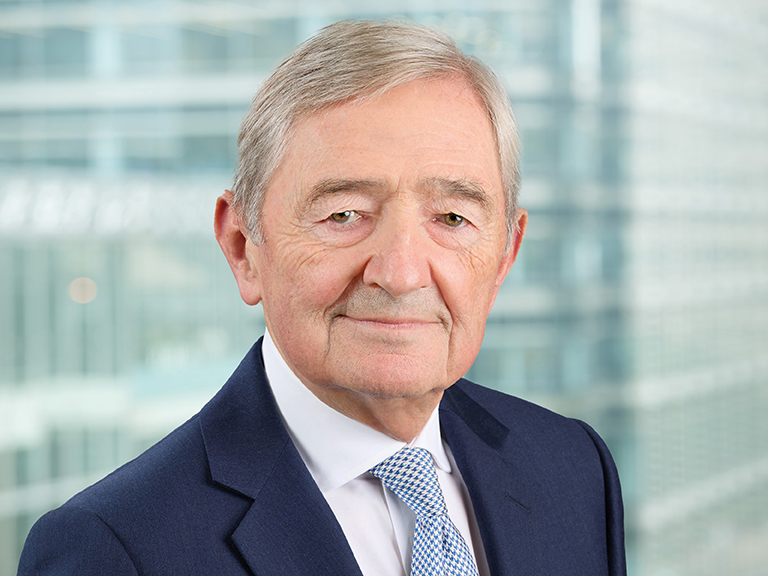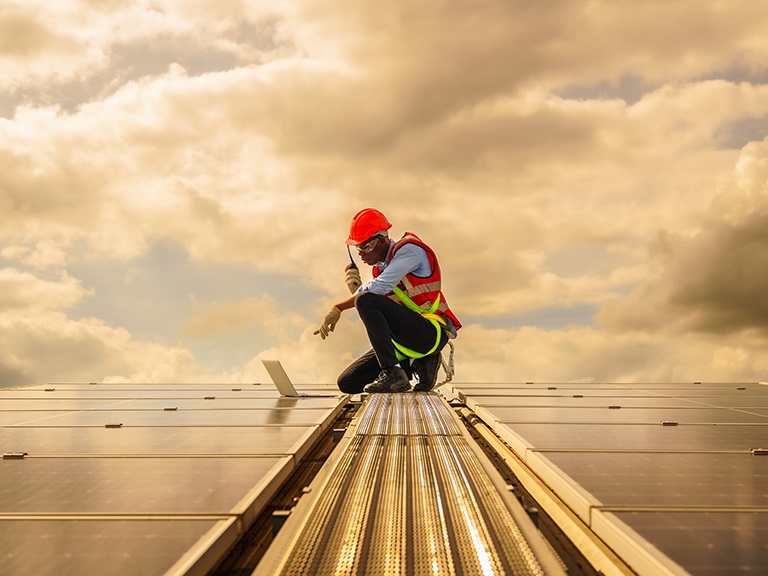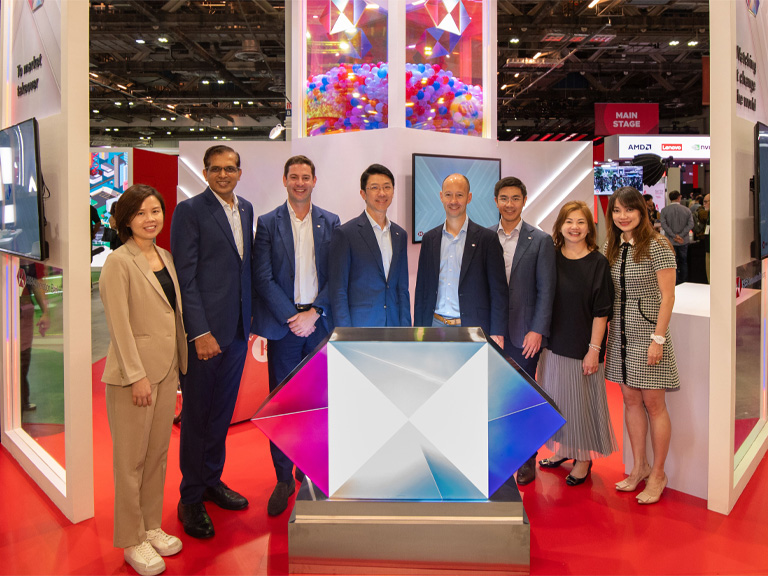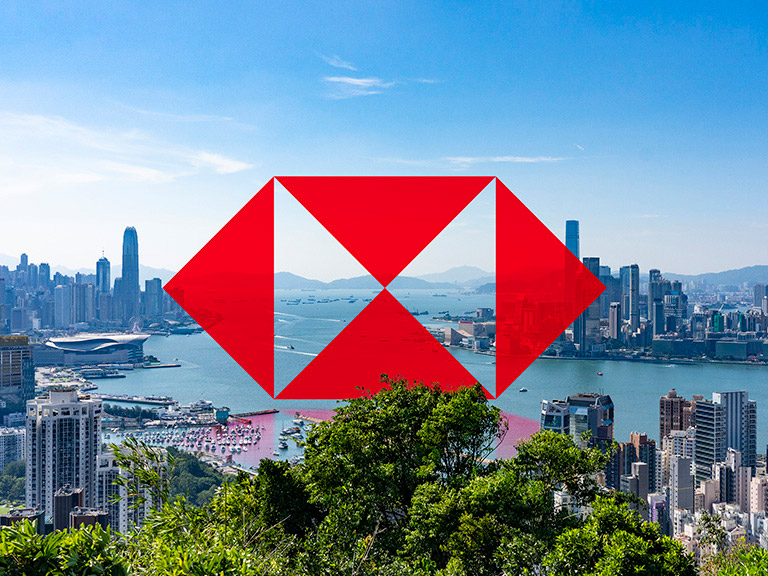Latest news

HSBC completes privatisation of Hang Seng Bank
Hang Seng Bank is now a wholly owned subsidiary of HSBC Asia Pacific and therefore a wholly owned subsidiary of the HSBC Group.

Brendan Nelson appointed as Group Chair
The HSBC Board has appointed Brendan Nelson as Group Chair.
-

12 January 2026
HSBC Asset Management launches in the UAE
HSBC Asset Management has launched in the UAE as part of our most significant investment in the market’s wealth sector in 20 years.
-

08 January 2026
HSBC’s proposal to privatise Hang Seng Bank approved
The proposal was approved by shareholders at the court meeting and general meeting of Hang Seng Bank, held in Hong Kong.
-

03 December 2025
Businesses see the commercial opportunity in climate transition
A significant majority of business leaders view sustainability as a commercial opportunity, according to our survey.
-

01 December 2025
We’re partnering with AI powerhouse Mistral
We’ve announced a strategic partnership with French start-up Mistral AI to enhance and accelerate the use of generative artificial intelligence across the bank.
-

18 November 2025
Global businesses adapting to trade uncertainty
Our second survey asked 6,750 decision-makers from 17 markets for their views on tariffs and trade.
-

06 November 2025
We’ve updated our Net Zero Transition Plan
We’re putting customers’ evolving needs and expanding growth opportunities at the heart of our updated plan.
-

29 October 2025
HSBC Innovation Banking expands into Singapore
Venture-backed businesses and investors in the city state can now access enhanced sector expertise and tailored financial solutions.
-

28 October 2025
Our performance in 3Q 2025
The intent with which we’re executing our strategy is reflected in our third quarter performance.
-

09 October 2025
HSBC proposes to privatise Hang Seng Bank
If approved, Hang Seng will become a wholly owned subsidiary of HSBC Asia Pacific and will be delisted from the Hong Kong Stock Exchange.
-

09 October 2025
HSBC Innovation Banking launches in India
The dedicated proposition is specifically tailored to the Indian technology and venture ecosystem.